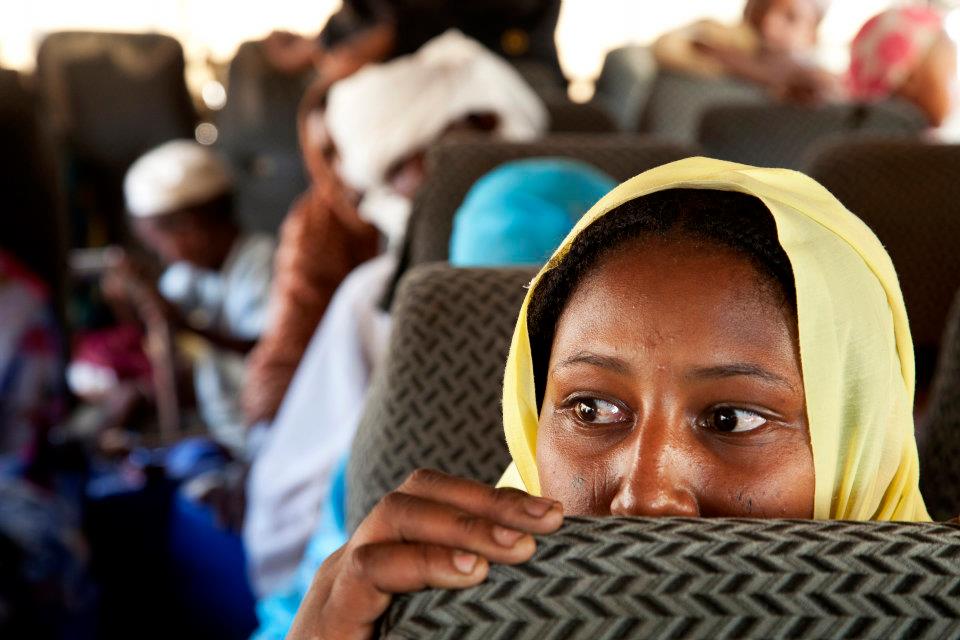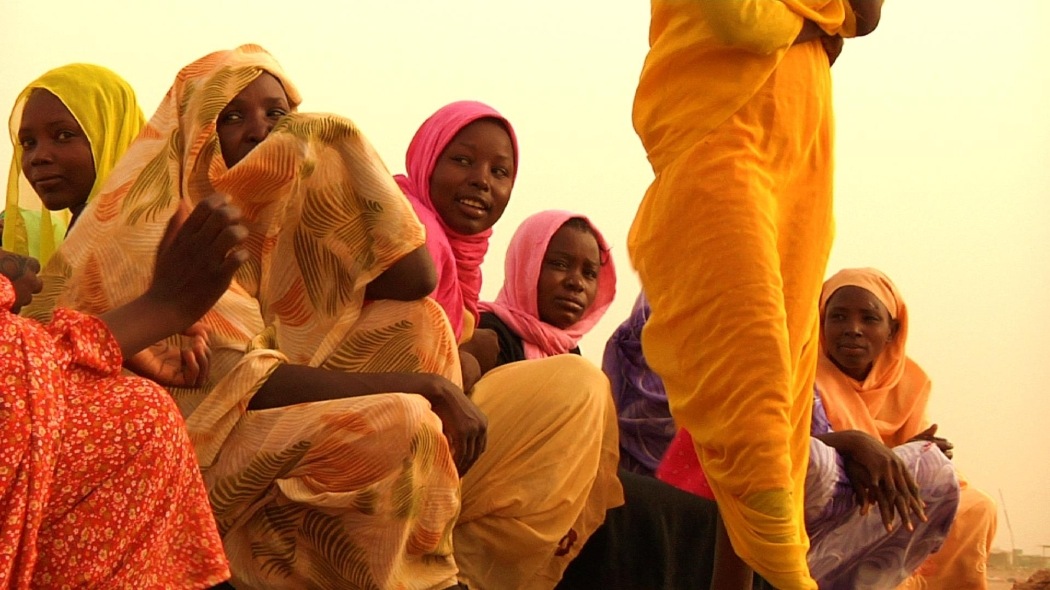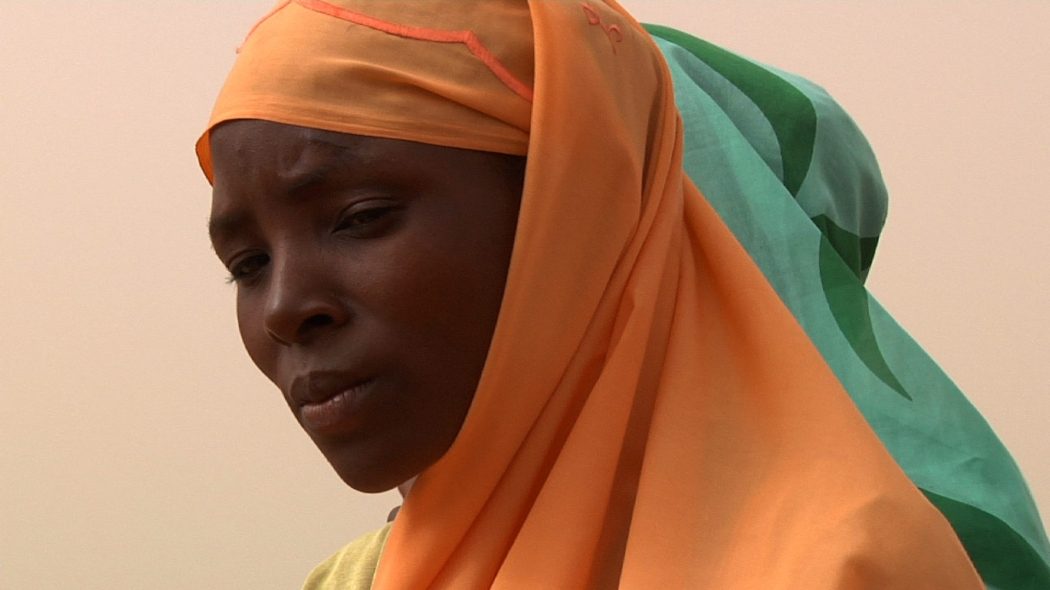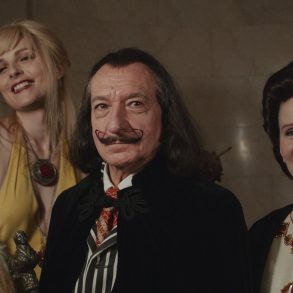Director: Alexandra Sicotte-Levesque
Writer: Alexandra Sicotte-Levesque
Runtime: 75 min
Rating: G
An exciting aspect of viewing film in a city such as Toronto is the possibility that the individual who created the work could actually be in attendance at the screening, and such was the case at the Toronto premier of debut filmmaker Alexandra Sicotte-Levesque’s documentary The Longest Kiss (2013). Audiences were even treated to a question and answer period with the Canadian director after the film, an opportunity of which they took full advantage. Appearing excited and confident, Sicotte-Levesque’s answers and explanations provided welcome accompaniment to an educational and illuminating film.
Although its light-hearted title may suggest otherwise, The Longest Kiss is a serious and sobering look at the conflict that exists between North and South Sudan, while the title refers to the place where two rivers meet. While the North is primarily a Muslim region, the South is comprised mainly of those of the Christian faith, and many cultural as well as religious differences exist between the two areas. The civil war that arose as a result ended with over two million deaths, and the healing process for the regions is slow. As a referendum determining the fate of the country approached, many Christian Southerners desired succession and their own rights. Between the years 2009 and 2011, Sicotte-Levesque followed the lives of several young individuals from both sides who explained their perspectives, opinions, and stories.

This film opens with beautiful and poetic voice over narration, setting the tone for a film both educational and highly artistic. Sicotte-Levesque introduces her subjects slowly, highlighting their differences yet allowing each to tell their own story through interviews, home videos, and footage caught simply by tagging along through the rituals of their lives. The portraits of these individuals with which an audience is presented reflect the ways in which the people themselves see their lives, not the way the filmmaker or fellow Westerners would view them, and each story is therefore genuine and unique. It is important that the film include perspectives from both sides of the conflict, and Sicotte-Levesque is careful not to take a position, both in the context of her film and when questioned after the viewing, allowing an audience to draw their own conclusions. In addition, the sharing of many different stories keeps this documentary flowing so that audience attention is never given an opportunity to waver as we are introduced to interesting people of differing ages, religions, and geographical locations.
The Longest Kiss makes use of lovely cinematography and an exciting score by Montreal composer Olivier Alary. After the screening, Sicotte-Levesque explained that the team decided not to use traditional Sudanese music, but to match the music to the feel and tone of each scene instead, and their technique worked well to guide audience emotion. The film also effectively built suspense leading up to Referendum Day, even though many audience members may have known the outcome of this historical event already. However, although these conclusive scenes showed the joy and elation of those whose wishes were granted, I am not convinced that I, as an audience member, was impelled to share in it. This film does effectively educate and interest, but it did not engage or prompt as much of an emotional reaction as I personally would have liked.

Oftentimes, people forget that the lives of those living in a single country can vary greatly. The juxtaposition between each life and the next presented in The Longest Kiss is certainly striking, but this film also takes time to illuminate the universal humanity that unites all of its subjects. While some audience members unfamiliar with the events depicted were given the opportunity to learn something new, others already aware of the occurrences were allowed a valuable glimpse into specific stories within the context of a larger known one. Listening to Sicotte-Levesque speak after the film was also highly illuminating, as she was able to provide follow up to all of the stories with which we as an audience had become interested. This first-time documentarian spoke with the confidence of a seasoned professional, and, as aforementioned, diplomatically refused to take sides, but showed many different points of view instead, and concluded by assuring the audience of the positive experience she had in Sudan over the two years she was filming. It is safe to say that this film enjoyed a very successful Toronto debut, and it can only be hoped that it will go on to educate and intrigue in many cities throughout Canada and beyond.
The Breakdown
-
Storyline - 7/107/10
-
Production - 8/108/10
-
Credibility - 8/108/10
-
Discussion - 7/107/10
-
Overall Effectiveness - 7/107/10







